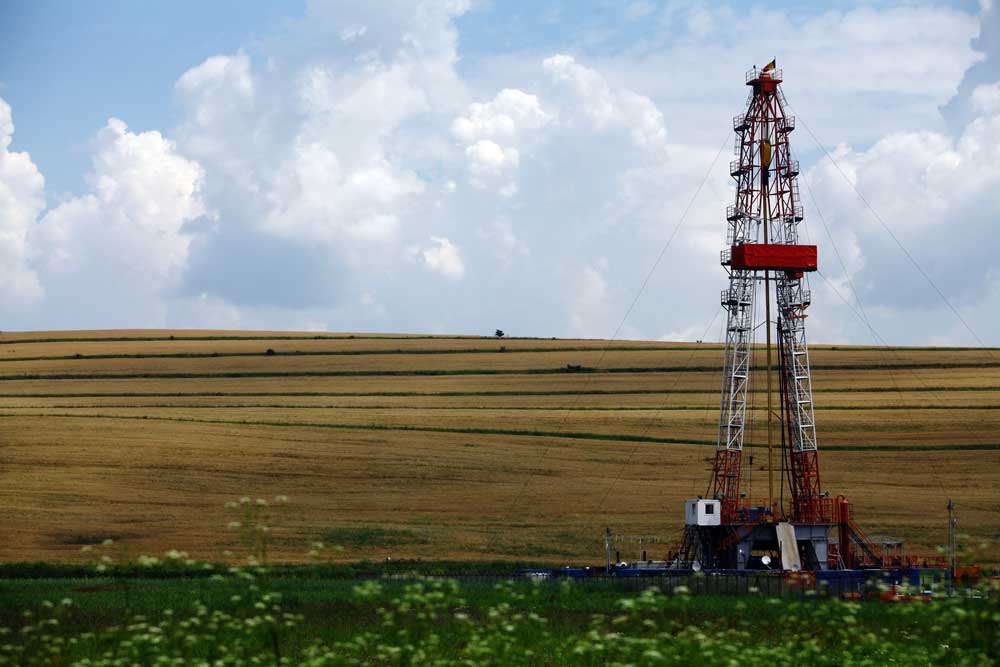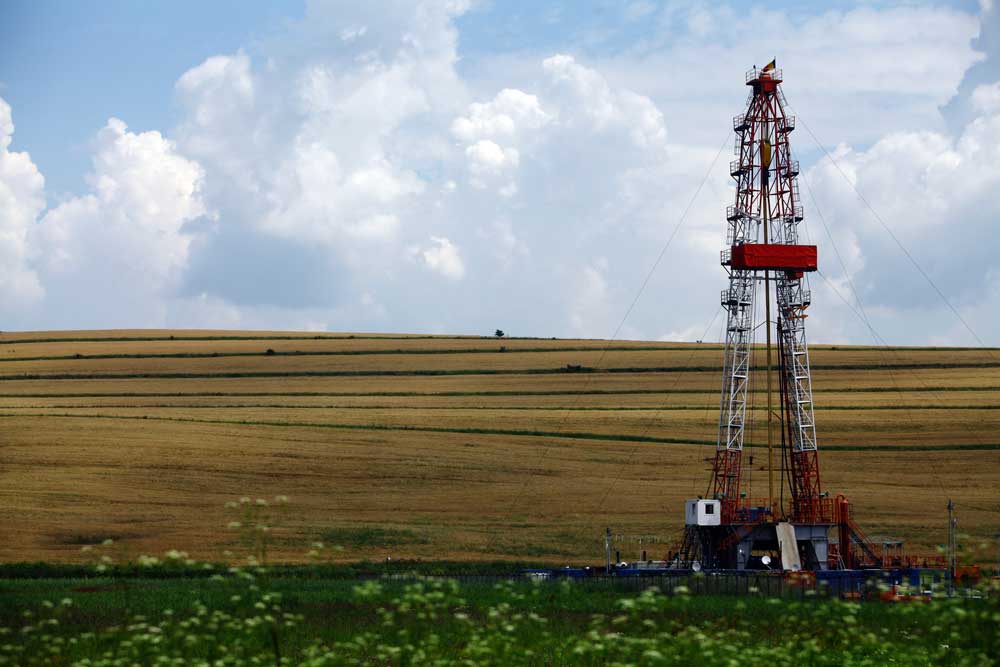The nation is experiencing a natural gas and oil boom due in no small part to hydraulic fracturing. In many states, hydraulic fracturing has been the driver behind economic growth. Nonetheless, hydraulic fracturing is among the environmentalist movement’s top targets. Their primary concerns focus on water use and water quality, but scientific research on the water issues associated with fracturing suggests those concerns are overblown. Indeed, the risks are real, but their occurrences are rare. Hence, rational policy analysis suggests that burdensome, top-down bureaucratic regulatory systems may not be the most efficient or effective approach to handling the rare risks associated with fracturing while also taking advantage of the economic benefits. Instead, a property rights approach would hold people accountable for their actions and allow productivity to continue.
Read the full report from the Hoover Institution here.
Good environmental risk analysis asks several questions. What (if any) is the environmental problem? How does it compare to the problems arising from alternative means of energy production? And how can the risks be mitigated?






